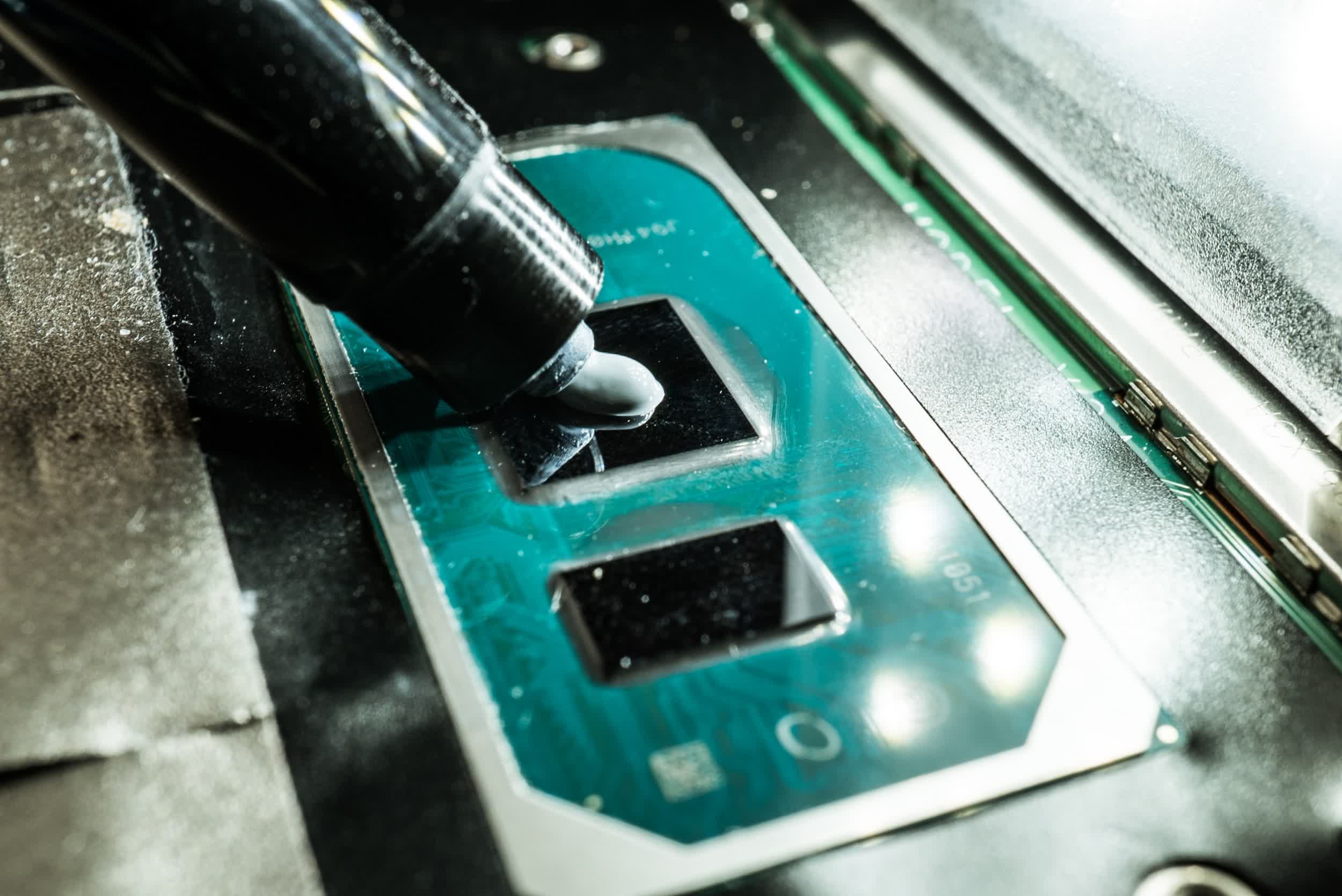Bottom line: Salt is corrosive and can accelerate the corrosion of metal. Adding salt to a moist material like thermal compound then sandwiching it between a CPU cooler and heatspreader sounds like a long-term recipe for disaster.
Hardware enthusiasts have no shortage of choices when it comes to thermal interface material. Options exist across a plethora of price and performance categories with solutions varying in terms of ease of application, electrical conductivity and material composition.
Generally speaking, I suspect most probably reach for a mid-grade paste and don't think twice about it after installation. For others, unlocking every performance advantage is part of the fun. TikTok user mryeester falls squarely into the latter category.
The content creator is well known for conducting zany experiments on computer hardware. Most are total goofs, like using orange juice instead of water in a liquid cooling loop or stacking multiple fans on top of each other, but occasionally things get interesting.
@mryeester Reply to @nn.dimethyltryptamine grinding up the salt to mix with thermal paste! #pc #pctips #thermalpaste #mryeester ♬ original sound - Lonely Bunker
While testing alternative thermal paste recipes, mryeester discovered that adding crushed salt to a generic TIM improved CPU temperatures under load by a couple of degrees Celsius. Does that mean you should immediately remove your cooler and mix in some sodium chloride? No, probably not.
If you're hell-bent on shaving a couple of degrees, there are much safer alternatives to achieve the same goal.
Spending a few bucks on a quality TIM with a respectable conductivity value will no doubt help, as will upgrading your cooler (moving from an OEM cooler to a premium air cooler or AIO kit, for example). Others have found success in experimenting with application methods. Another possibility is improving airflow in your case, perhaps through better cable management or by switching to fans that move more air. Noctua is known for making great case fans that are relatively quiet.
Taking it a step further, lowering your CPU's voltage will reduce the amount of heat generated but could come at the cost of system stability. If all else fails, kicking the AC down a couple of degrees will always do the trick.
Image credit: Mika Baumeister
